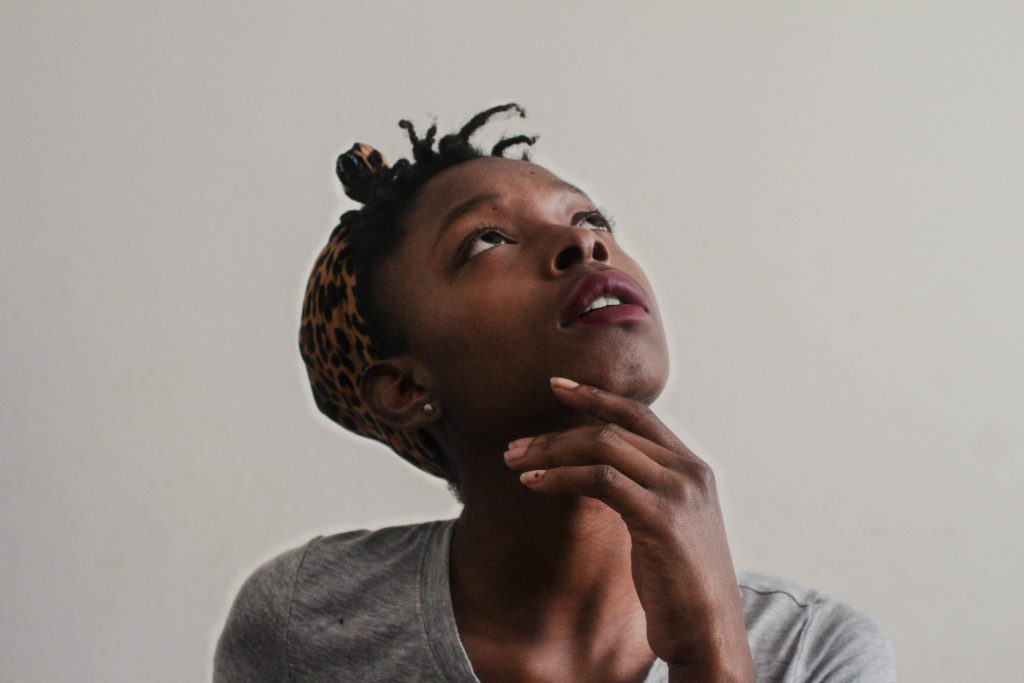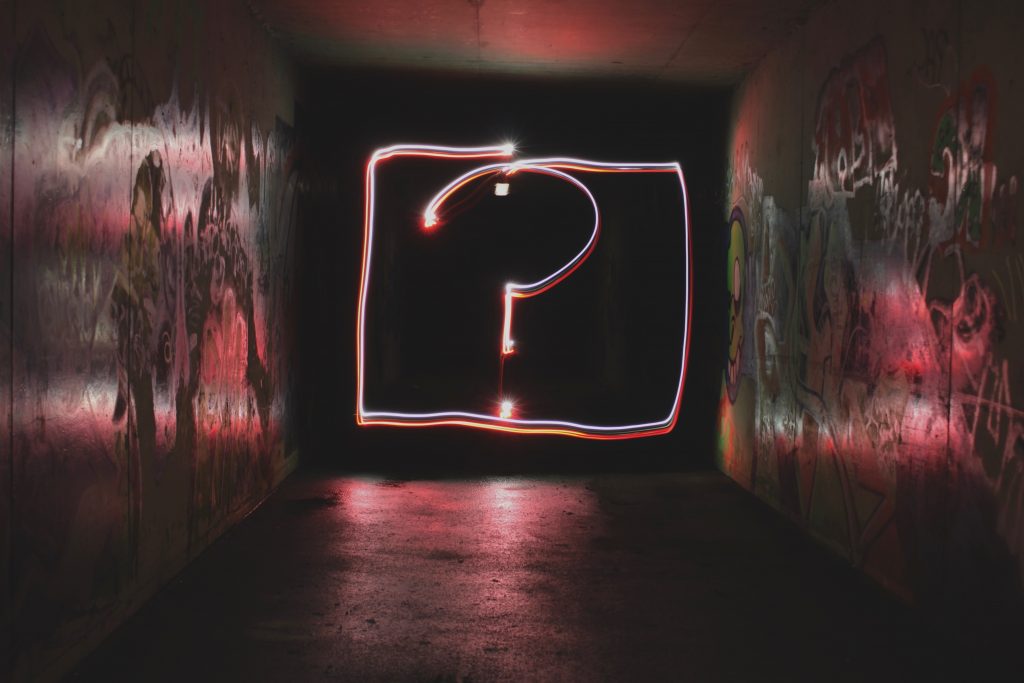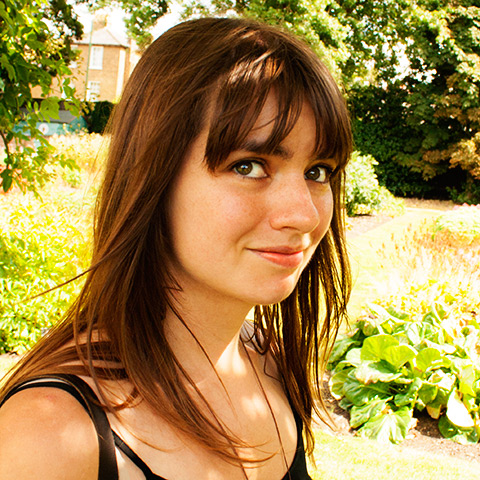In the UK, it’s estimated that 1.2 percent of the population has OCD. That translates into 741,504 people, with millions more affected worldwide.
But despite the prevalence of Obsessive Compulsive Disorder (OCD), there are still huge barriers when it comes to receiving treatment. My own experience is a case in point. Despite having symptoms since adolescence, I wasn’t diagnosed until my late 20s.
It’s hard to convey the mixture of isolation, exhaustion, and embarrassment that comes from hiding a mental illness. Treatments like Cognitive Behavioral Therapy (CBT) can help improve symptoms but, until society moves forward, too many people are still suffering in silence.
Human rights are an important part of changing the dialogue around mental health. The principles of equality and dignity are a reminder that mental illness shouldn’t be a cause for prejudice. Fortunately, the first step on that road to equality is a simple one: spreading accurate information about what OCD actually is.
What Is OCD?

Image Credit: Tachina Lee / Unsplash
It’s hard to grasp just how diverse OCD symptoms can be for different people. What’s common to all experiences of OCD is obsessive intrusive thoughts usually followed by repetitive compulsions. For example, someone might obsessively worry that by reading the name of a murderer, they will also become violent. The compulsion, in this case, could be repeating the names of three people who have done good deeds.
It’s malleable, and that slipperiness is what makes OCD so challenging to treat
What non-sufferers miss is that OCD generally isn’t confined to a single obsession or ritual. For many people, OCD isn’t particular, it’s diffuse, affecting different areas of life and changing over time. Though it’s common to struggle most with particular tendencies or subjects, part of the nature of the illness is that it’s malleable. And that slipperiness is what makes OCD so challenging to treat.
The other barrier to people seeking treatment is that symptoms can be embarrassing, particularly because obsessions often centre around taboo subjects. My CBT therapist told me that many people with OCD obsess over whatever is at the opposite end of their moral compass.
You think cheating in a relationship is bad? Congratulations, you are now preoccupied with potentially committing adultery. Horrified by violence? Have fun wondering if you might stab a loved one. And, of course, because OCD tends to focus on the “worst” thing, some sufferers are terrified that they might become a paedophile. It’s not that people with OCD are in any way violent or predatory. As my therapist pointed out, it’s actually the opposite that’s true: we worry most about the things we don’t want to do or be.
What’s it like to have OCD?

Image Credit: Emily Morter / Unsplash
There’s a reason why OCD is commonly referred to as “the doubting illness.” It’s hard to express the amount of uncertainty and panic that goes hand-in-hand with intrusive thoughts.
The feeling is similar to when you go to write an exam and worry that maybe, somehow, you managed to go an entire semester and not learn anything. That you read the wrong books or got the date of the exam wrong. Now intensify that fear and apply it to everything. The comparison isn’t perfect but it illustrates what it’s like to suddenly mistrust your own judgement. You begin to doubt your memory and your own intentions, all the while knowing that those doubts are irrational.
It’s not that the better-known symptoms like hand washing aren’t part of some people’s experiences. They’re just one small part of a complicated illness.
Writing about OCD, it’s hard to avoid adding “but not always” to every description of symptoms. It’s impossible for one article to encapsulate the sheer variety of ways that OCD can express itself. Some people worry about being contaminated by germs, insects, or ‘polluting’ concepts. Others become overly scrupulous, repeatedly asking for reassurance that they haven’t made some catastrophic error. OCD can affect people’s perceptions of their bodies, their relationships, and even their own thoughts. It’s not that the better-known symptoms like hand washing or checking the oven aren’t part of some people’s experience of OCD. It’s just that they’re one small part of a complicated illness.
How human rights can help

Image Credit: FreeStocks / Pexels
The principles of dignity and equal treatment make it easier for people with OCD to ask for help. Human rights like these have a common interest in compassion and diminishing harm in an imperfect world, as well as making sure people are treated equally. If the state fails people with OCD, human rights hold the authorities to account.
There’s also a strong focus on taking concrete measures to bring about change. In the end, human rights help by laying the groundwork for an equitable conversation: they’re an invitation for people from all backgrounds to speak and be heard. And that, during OCD awareness week, is absolutely what we need.







